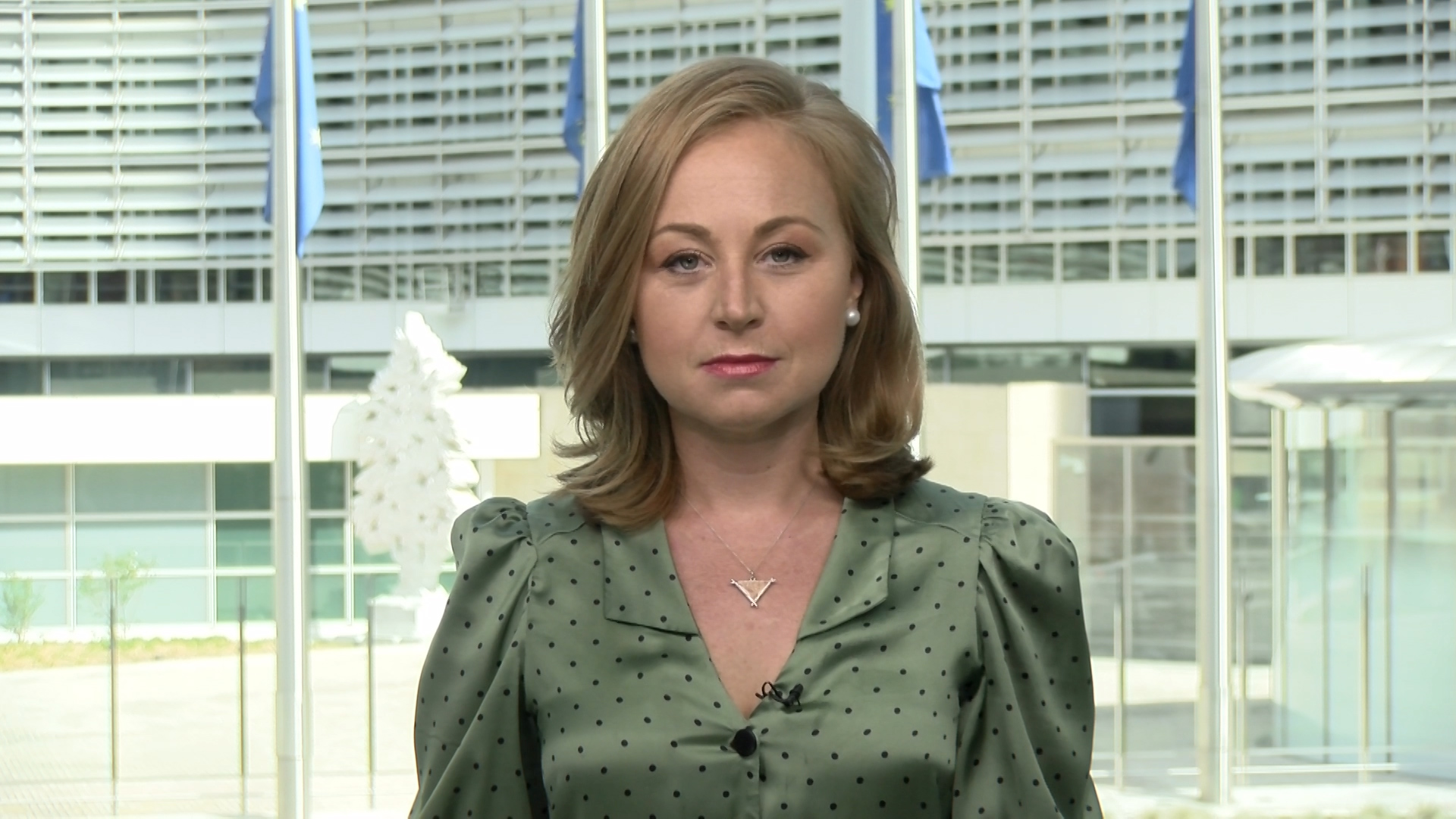
A man heads to the beach in Portugal. /Reuters
A man heads to the beach in Portugal. /Reuters
The final hurdles have been cleared in the fight to reclaim hassle-free travel across Europe this summer.
European Union ambassadors on Friday signed off on a plan to relax travel restrictions, allowing fully vaccinated travelers, as well as those who have recovered from COVID-19, to skip testing or quarantine when traveling from one EU country to another.
Other travelers could still be subject to restrictions depending on whether the country they are traveling from has the coronavirus under control.
READ MORE:
Why Antarctica's snow is turning red
London's e-scooter trial begins
Emmanuel Macron slapped in the face
More than a quarter of EU adults are now fully vaccinated.
"We can be confident now that with this update and with the EU digital COVID certificate, Europeans will be able to enjoy a safe summer holiday with only limited, if any, restrictions," European Commission spokesperson Christian Wigand told the press.
To cut down on confusion, standardized metrics have also been adopted: People are considered fully vaccinated 14 days after having received their last dose, PRC tests are valid for 72 hours, while rapid antigen tests have a shelf life of 48 hours.
Children, who are not yet eligible for vaccination in Europe, will not have to quarantine if their parents are exempt.
If the COVID-19 situation gets out of control or a new variant emerges, member states can hit an "emergency brake" to bar travelers.
02:14

Europe jabs on track
The coordinated lifting of travel restrictions is meant to replace a patchwork of COVID-19 measures that has hindered free movement and left travelers confused. The only catch is that the adopted recommendations are not legally binding, which could result in member states picking and choosing which measures to follow.
They have less wiggle room when it comes to the EU digital COVID Certificate, which was approved by the European Council on Friday after EU lawmakers voted overwhelmingly in favor of the pass earlier in the week.
The certificate will be issued to people who are fully vaccinated, have recovered from COVID-19 or have tested negative within 72 hours and will exempt them from additional travel restrictions.
All EU countries are bound to accept and issue the certificates starting July 1, although at least 10 countries have already launched their programs and more than a million EU citizens have one in hand.
For now, the digital passes – which also come in paper form and are free – are for EU citizens only. But Brussels has been in discussion with the U.S. for weeks, trying to find common ground for some form of mutual recognition.
"Our objective is to work together with the U.S. in order to have the possibility for American travelers to obtain an EU digital COVID certificate easily," said Commission spokesperson Adalbert Jahnz during the same briefing.
The multi-pronged approach to hassle-free travel comes as vaccinations gather pace and new COVID-19 infections plummet in many countries. Europe remains on track to inoculate 70 percent of the adult population by the end of July and some countries are starting to open their vaccine programs to adolescents. As inoculations accelerate, the bloc will loosen the "traffic light system," broadening the list of regions that will be considered "green" for safe travel.

